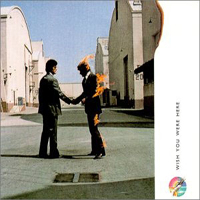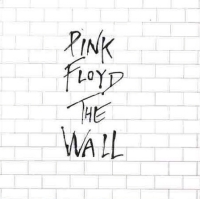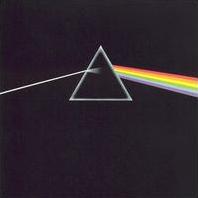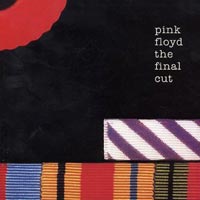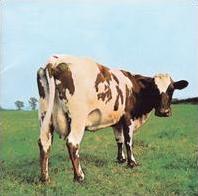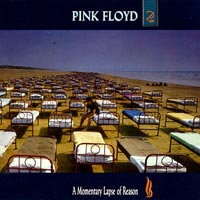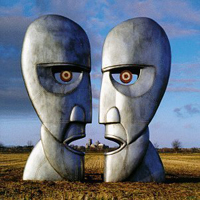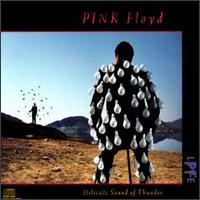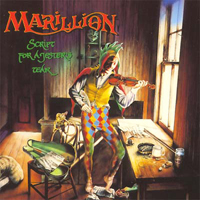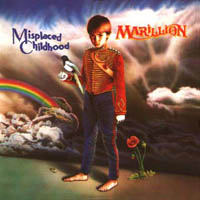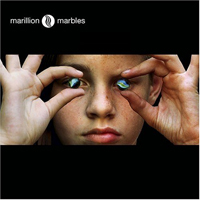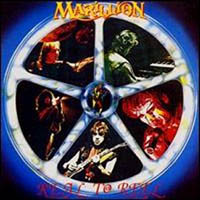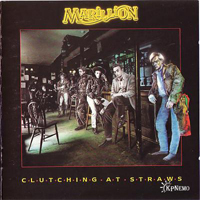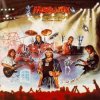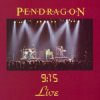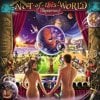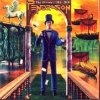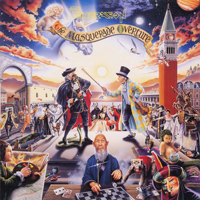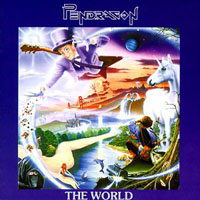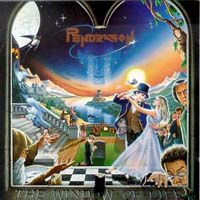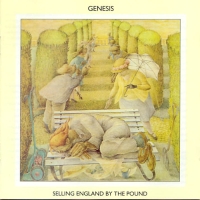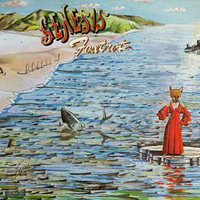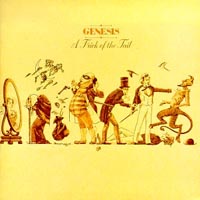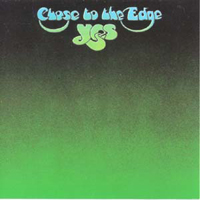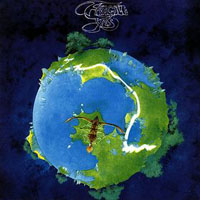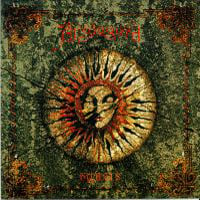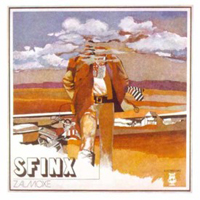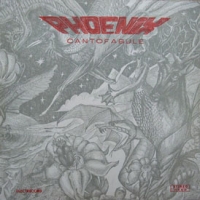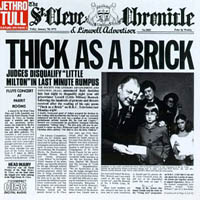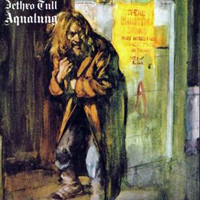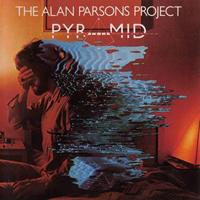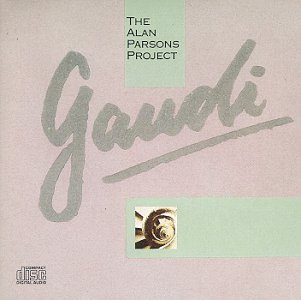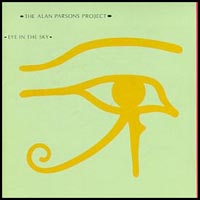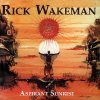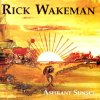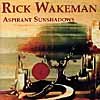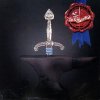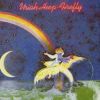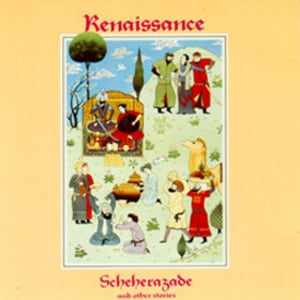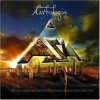
Pandora internet radio
Editor’s note: This interview with Tim Westergren at Pandora grew out of an article I originally planned on personalized design. Though I normally focus on visual artists and designers on Seeds and Fruit, Pandora is a compelling story of the power of technology and human innovation in delivering art in an individual and customizable way. Watch for another leader in personalized design coming soon, and enjoy!
How did you first get the idea for the Music Genome Project and for Pandora?
That grew out of a couple of experiences I had as a musician. The first one was being a working musician and spending many years touring, playing in bands, and essentially trying to build an audience and witnessing the challenges I face and all the musicians around me face and how hard it is to do that. And there are not that many tools available for working musicians to help them. And so it’s a long road, and obviously I developed a strong interest in that whole issue. So that’s kind of one piece of it.
The second piece was working as a film composer, which I did for about five years, writing music for movies. I spent a lot of time thinking about the construction of music, how it’s put together and also about musical tastes — why people like what they like and why it has the effect that it has. And thinking a lot about directors and what they liked and what they wanted and really being in the business of translating someone’s musical tastes into musicology so that I could successfully write music that they would like. And so I really started thinking about taste and music in terms of musical attributes. And that’s really the concept of the origin of the Music Genome Project, which is what powers Pandora. Those two things sort of came together when I realized if I could sort of codify this Music Genome as a taste profiling that I was doing as a composer, I might be able to help people discover music they didn’t know by connecting like-sounding songs. And that was kind of the genesis.

Tim Westergren making music
Before you embarked on the enormous task of analyzing and cataloging 400 attributes of music for each of now 700,000 songs in your catalog, were there any previous business models you could reference?
Our first idea was that we would build this database and then license it as a piece of software so that other websites or retailers or portals or whatnot that were offering a music experience to their users would have this as a tool for navigation. And we pursued that business model for about four years. So we launched in January 2000, and in March of 2004 we raised our first large round of investment capital. And it was kind of a few months later that we began shifting the company into radio. So what happened is we had tried in vain to build a business licensing our technology and had been through some pretty rough years with the dot-com collapse that we sort of waded through.
And a couple of things happened. One is that broadband penetration grew dramatically during those intervening years, and that meant that high-quality streaming audio was becoming a pretty mass consumer experience, opening up the gateway for web radio, which was really beginning to blossom. And we essentially had a realization in 2004 that this thing we had built, which was a song-based musical taxonomy, was really ideally suited to solving the playlist problem of ‘how do you really create a playlist that someone would like, that is personalized to them?’ And so we realized we were kind of in the wrong business and should repurpose it. And so we did that — built a new website and a front end to it. And as soon as we launched it, as soon as we had our own beta version, we realized this is what we should have been doing all along. It was such a much better fit for the technology. It took off like a rocketship.

Pandora staff analyzing and cataloging music
The concept of Pandora as personalized internet radio is great, but it’s also very much about helping people discover new music too. Are you including in your radio catalog the music of unsigned garage bands or very new artists who might otherwise only be discovered on YouTube?
Yeah, absolutely. We have about 80,000 artists in our collection, and about 70% of them are not on a major label. So it’s mostly independent music. And the beauty of the Genome — one of the most important characteristics of this approach — is that it’s not a popularity contest. When the Music Genome picks a song for a station, it doesn’t know if it’s picking a song by a well-known artist or not. It’s blind to that. And so it’s really equal-opportunity radio. So we have about 700,000 songs, and about 90% of those songs played last month. So it’s really giving access to the long tail.

Stacks of music at Pandora

Pandora staff at work
How are you discovering that music? Do you have staff that is actively scouting YouTube and other resources, or are people submitting songs to you?
We get it from a lot of sources. We do our own research, for sure. We have musicologists at Pandora that spend their days tracking down music from all genres. We also get a lot of submissions — so artists will send us music, and managers and people in the business. And then listeners are a huge resource for us, and it’s growing. Everyday people are sending us suggestions for music we should have. And, because of so much searching activity on Pandora, we get kind of a steady stream of insight into what we are missing.

Pandora staff
And the personalization doesn’t stop there — your service allows a listener not only to set up multiple stations but to give a thumbs up or down and teach Pandora to improve its song list for that person. How did that smart functionality come about?
The idea is to kind of replicate the conversation I would have as a composer with a film director. I would sit down with them and start playing music and get their feedback and use that feedback to help refine my notion of what they wanted. I think it’s probably something we all do, whether we know it or not with our various friends. You get an idea after you spend some time around somebody what they like. And really, depending on the level of musical sophistication you have, you can kind of describe that in more or less greater detail — you know, this person likes certain instruments or lyrics. And the idea behind the thumbing is an automated way to help map someone’s taste to the Genome and make that station much more targeted.
When you do radio stations for companies, let’s say, that have a distinct brand and feel, can your users listen to the stations those companies have created instead of sort of crafting it on their own?
Yeah, so we have what is actually an advertising product which allows these brands to essentially create the audio representation of their brand and let listeners listen to those stations while the brand surrounds that experience. And a lot of brands use music very heavily to define their identity, so it’s a very popular tool for us.
I understand the Pandora Anytime, Anywhere strategy lets users connect with their personalized stations not only on their computer and in their home but on mobile devices. Is this the death of traditional radio?
We certainly are challenging them. Our objective as a company is to get a lot of people who are currently listening to music on broadcast radio to switch over to internet radio. So it’s certainly a competition. I think that broadcast radio will always have a certain place because it’s a pop music medium with dee-jays, sort of a socio-cultural thing — and I think a lot of people are interested in being part of that. And so I think it’ll be around, but I would predict that in a pretty small number of years that a lot more people will be listening to music on internet radio than they will be on commercial radio.
The Anytime, Anywhere piece is a huge priority for us in getting Pandora ubiquitous. We’re working on getting it into cars and many more ways for it to be in the home, so that’s all coming down the pipe.

Pandora in the car via iPhone

Pandora radio access via a BlackBerry
You connect in a big way with young people in your Pandora Get-Togethers in cities all over the U.S., where you discuss everything from business and investment to intellectual property and viral marketing. What are you learning from these get-togethers, and is this helping shape Pandora’s future?
Those forums are invaluable feedback mechanisms for us. Because of those and a lot of other things we do — we have a team of people that spend all day just corresponding, answering emails — because of this really fat pipe that we have to our listeners, we really know what they like and don’t like, and we know what they want us to do next. And it absolutely informs what we do. There’s nothing like being able to stand in front of a crowd of 200 people and say, ‘hey, if we did this, would you guys like it?’ And then just watch and listen to the feedback. So, yeah, it’s a very important piece of the puzzle for us.

Tim conducting a Pandora get-together with an audience at M.I.T.
What do you enjoy most about your work and your life?
The conversation with listeners, which takes many forms. I particularly enjoy the town hall meetings which I’ve been hosting all across the country for the past 3 years. I’ve probably held over 200 of these informal get-togethers, from Biloxi to Boston. It’s an amazing experience to witness the enthusiasm and energy of our most passionate listeners up-close.

Tim Westergren, founder of Pandora. (Sursa)

